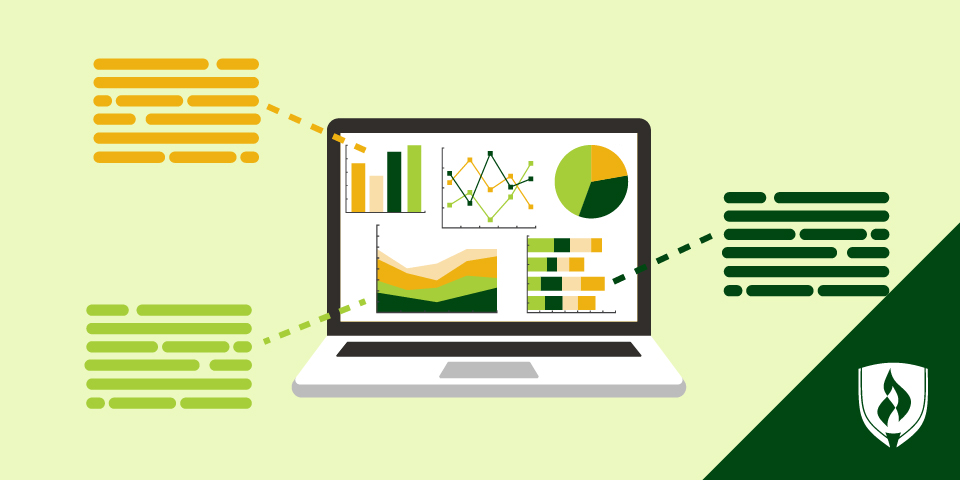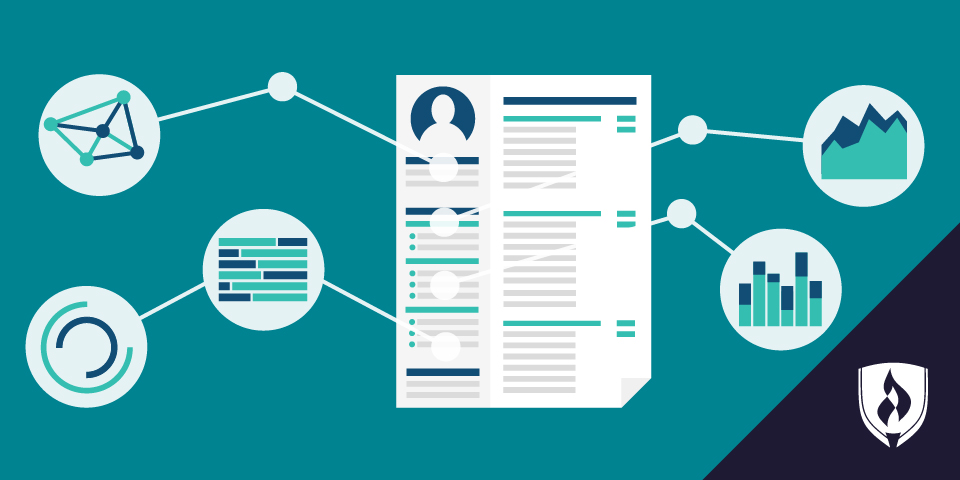
You love keeping your eye on the latest technology trends. There’s nothing more fascinating than witnessing technology tackle big problems and improve people’s lives. New developments in technology are being made every day, but one area of the tech field is seeing leaps that affect nearly every industry in big ways: data.
You’re likely no stranger to the fact that organizations collect data from customers and internet users to improve their customer experience and boost sales. However, you may not have realized just how many industries are being advanced by data.
Data innovations are rapidly changing the way our world works, from healthcare to entertainment. Take a look at this list of data innovations that are shaking things up. You might be surprised by just how far the effects of new data technology are reaching!
7 Data innovations making waves across industries
Businesses today have an immeasurable amount of data at their fingertips. So how are they using it to benefit their customers and processes? Take a look at a few practical examples.
1. More secure healthcare records
The healthcare industry has a lot to lose if they can’t keep electronic health records (EHR) secure. EHRs contain sensitive patient information, and hackers have been making the news with increasing frequency when they hijack a healthcare organization and hold its data for ransom.
That’s where advances in blockchain come in. Blockchain is a developing data innovation that securely shares decentralized information. “Blockchain is relatively new in the healthcare industry, but it’s a huge improvement compared to the current way records are stored,” says Adnan Raja, vice president of marketing for HIPAA-compliant, web-hosting company Atlantic.Net. Raja believes that as blockchain continues to develop, “there are many challenges in healthcare that can be alleviated, including lack of consistency with privileges and rules, differences in data standards and the need to create health information exchanges.”
2. Stronger logistics and safer supply chains
The supply chain is the journey a product takes as it transforms from raw materials into final products ready for distribution. Logistics and supply chains influence everything from the cost of production to shipping concerns—and it’s an area of commerce that’s seeing changes for the better, thanks to data innovations.
The use of data offers “the opportunity to communicate more efficiently with suppliers all over the world as well as automate certain responsibilities in order to reduce human error,” says Christoph Seitz, co-owner of CFR Rinkens. GPS data and weather tracking are also being used to create a safer and faster shipping process, and organizations across industries are using data to maintain more accurate inventory management.
3. A more efficient energy industry
As we continue to explore more renewable forms of energy, data innovations are helping the energy sector operate more efficiently and reduce emissions. Energy-use data is being used across the nation to plan for future energy needs and develop sustainability goals.
Data also plays a part in keeping energy companies productive and profitable. In the energy industry, “there is a lot of money and productivity tied up in large, expensive pieces of equipment,” says Maria Hatfield, owner of the data advisory company Dattell. She shares that data is used to track the health of this equipment and its related systems, allowing companies to preempt machine failures and the lost revenue that can come with them.
4. Convenient travel
Most people have had a negative travel experience at some point in their lives, but data analysis is trying to make it much less common. “When advanced analytics is used on clients’ traveling habits data, the organization can foresee demands and preferences from their customers,” says Gabriel Meira Figueiredo of SlicingDice. This allows companies to strategically plan for peak travel times and customize offers for customers.
The travel industry is also using data to prioritize safety. Delta Airlines uses data to monitor its plane engines and prioritize error codes based on importance, which in practice should make its flights safer and help its mechanics work more efficiently.
5. Personalized entertainment
The entertainment industry has been transformed by the advent of streaming technology. Now companies like Netflix and Hulu are using the data they’ve gathered from consumers to provide highly personalized entertainment options, such as which shows to suggest you watch next.
“In the entertainment industry, companies are tracking user behavior on their websites and using A/B testing to improve user experiences,” Hatfield says. “This is not some once a decade or once a year endeavor, this analysis is now part of everyday customer relationship building.”
6. Smarter farming
Farmers are known for working hard from dawn to dusk, but those long days may be getting a little bit easier thanks to data analysis and the internet of things (IoT). “They can enhance their production capacities and have smart devices helping them deal with animals, crops and land,” says Figueiredo.
Soil sensors, drones and livestock monitors all provide valuable data to farmers, such as crop height and the amount of certain nutrients in the soil. Farmers can more accurately predict their crop yields, better care for sick animals and make adjustments to their crops based on this data.
7. Education that serves students
Teachers aren’t mind readers, so it’s hard for them to know how well their students understand a lesson. Even standardized tests have their shortcomings at measuring learning. Now data analysis is on the horizon for giving teachers the insights they need.
Data can be collected when students use school-issued computers or apps, which can then monitor their progress and share learning reports with teachers and parents. School districts also use data on a larger scale to find patterns in attendance and analyze schools’ performance throughout the district.
The innovations don’t stop here
Data innovations are advancing our world in ways you may not have imagined—and they’re not stopping here. Data analysis will continue to be an integral part of nearly every industry in the years to come.


